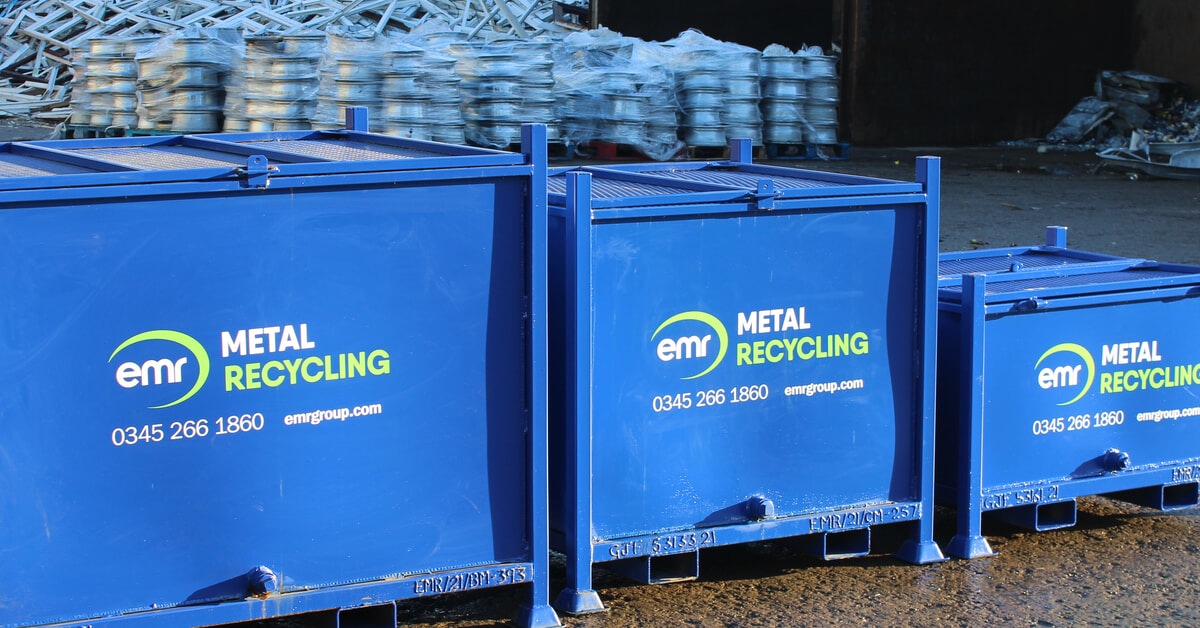CHOOSE
A DIFFERENT TERRITORY

According to Wrap’s Recycling Tracking Survey, Recycle Now’s ‘Everyone does’ campaign to get more people recycling using a social norm approach, really did work. But now there’s a new focus: educating people across the UK to ensure everyone’s recycling more of the right things, more often, which has led to this year’s Recycling Week theme: missed capture.
With over half (57%) of people in the UK still sending items to waste that could be recycled, and almost nine in every ten people (87%) contaminating recycling collections with items that aren’t accepted, it’s clear that getting people recycling is just the first step towards a greener future where the materials we use don’t need to be extracted from the Earth.
To address these issues within your own organisation, there are some simple ways that you can support your people in turning effective recycling into an effortless habit.
Education is a vital step in any behaviour change, and distinguishing between materials in complex products is a common barrier to efficient recycling, and a great place to start for any business.
For example, the waste stream with the lowest recycling rates is electronic waste, largely because of how complicated separation is. As electronic waste contains valuable metals, plastics and glass, by training your people to recycle these products effectively, you can make a huge difference to the circular economy and availability of resource.
Keeping the conversation going with your people, providing regular training through a variety of different methods and mediums, and giving everyone the information they need to succeed is integral to removing the confusion that leads to mistakes, missed capture and contamination.
It’s unlikely that your people’s main focus at work is on correctly recycling materials. They have plenty of other things to be thinking about. So, the processes need to be easy, and the incentive needs to be in place.
Studies have shown promising results when it comes to creating clear and simple reminders to recycle - and how - on both products and recycling bins. What may seem like an obvious prompt could just serve as the vital reminder needed, when your teams’ heads are full of other things.
Take a look at your signage in key areas - not just where materials are disposed of, but where they're used as well. Consider adding stickers to recyclable items, so that when they’re finished, they’re not just cast away without thought.
Don’t stop there – also look into your processes – could you make recycling easier by moving the recycling bins to somewhere more convenient? Or by changing the materials themselves? Plastics are a key example – and a huge problem in industries such as construction, demolition and excavation. In fact, it’s estimated that around 40% of construction plastic ends up in landfill and, while plastic is a vital building material, single-use plastic waste is problematic and can be easily avoided or reduced in areas such as packaging, storage and transportation, workforce food packaging and utensils, and by looking into processes, including how much you order and material specification.
Finally, think about incentives - could you make the effort more rewarding by communicating why they should care about recycling, running recycling competitions or even giving gifts or other incentives to those that are recycling correctly?
There’s only so much you can – and should – do in house. Your recycling partner has to pull their weight when it comes to ease of service. Many people cite both collection frequency and clarity around what can and can’t be recycled as key indicators of a good recycling partner, but we think that’s just the beginning.
As well as providing guidance to you and your teams and the highest quality service to all your locations, your recycling partner should be innovating to remove the challenges your workforce is facing when it comes to recycling more of the right things, more often.
From increasing capabilities for recycling more types of material, to working with manufacturers to design with recycling in mind, providing sustainability consultancy and expanding recycling infrastructure closer to home to accommodate increasing quantities of materials, EMR is dedicated to addressing the big picture when it comes to recycling and removing all barriers until we can all recycle all of the things, all of the time. Alongside these growing capabilities, we make sure to also look inward, at our own operations, so that we can do more with less energy and by releasing less harmful greenhouse gases into the atmosphere.
To find out how we can help you to solve any recycling or sustainability challenge you might have, get in touch.